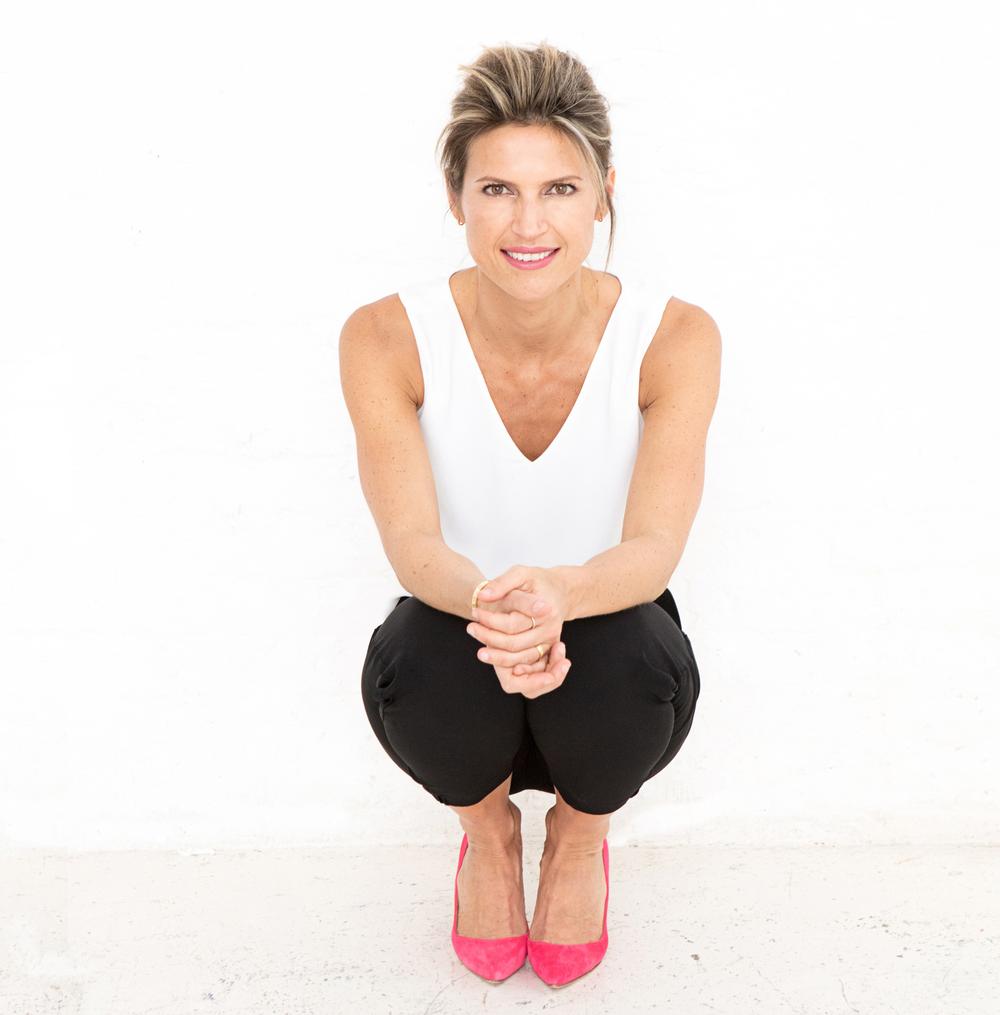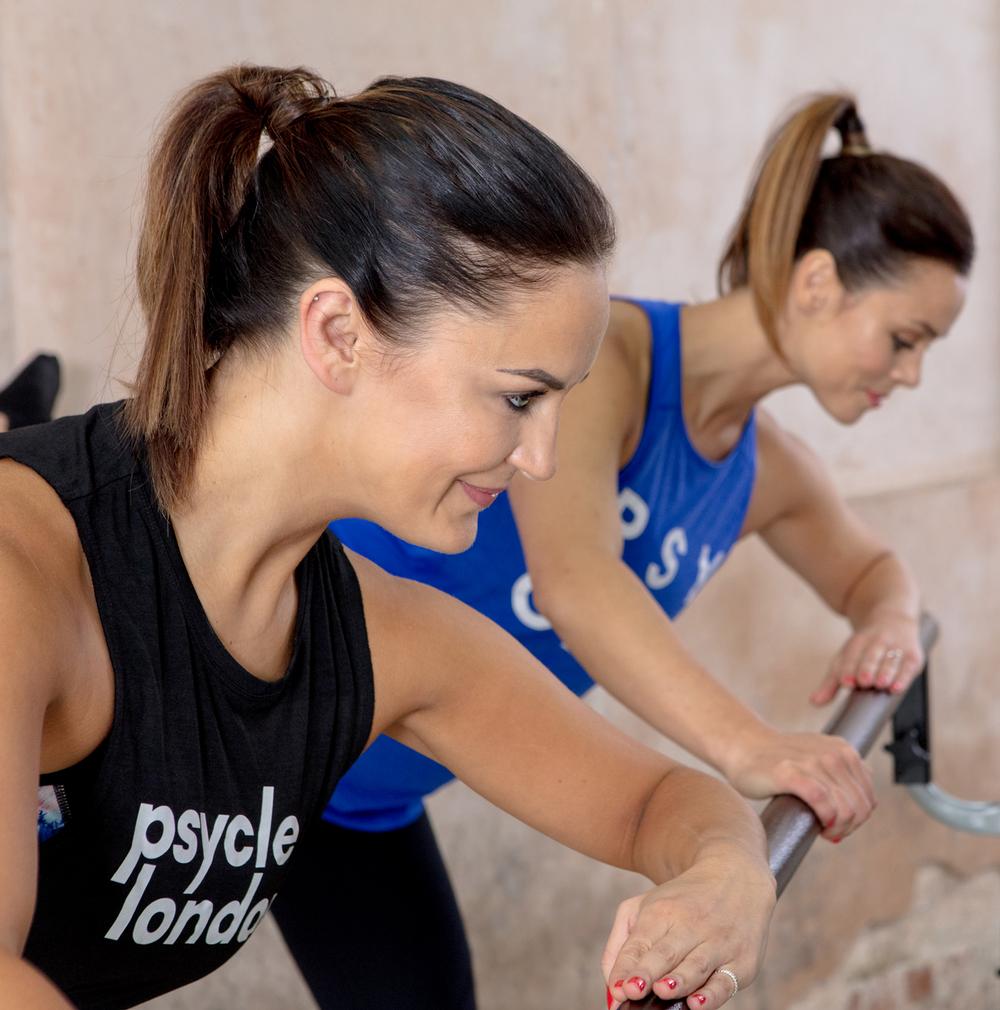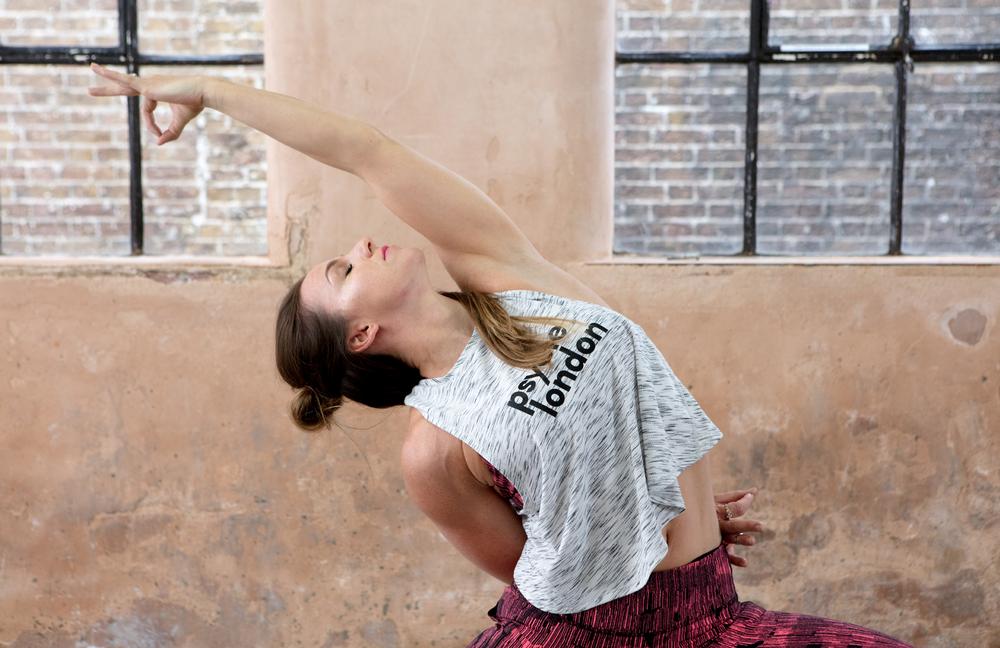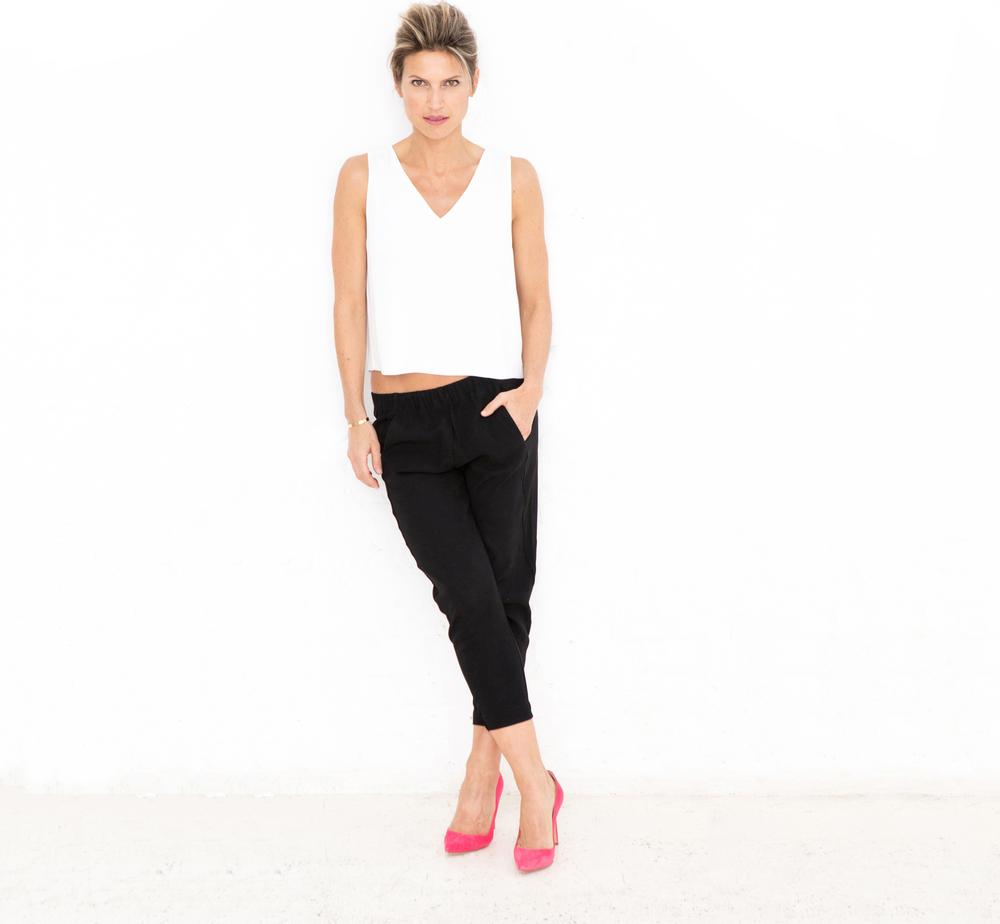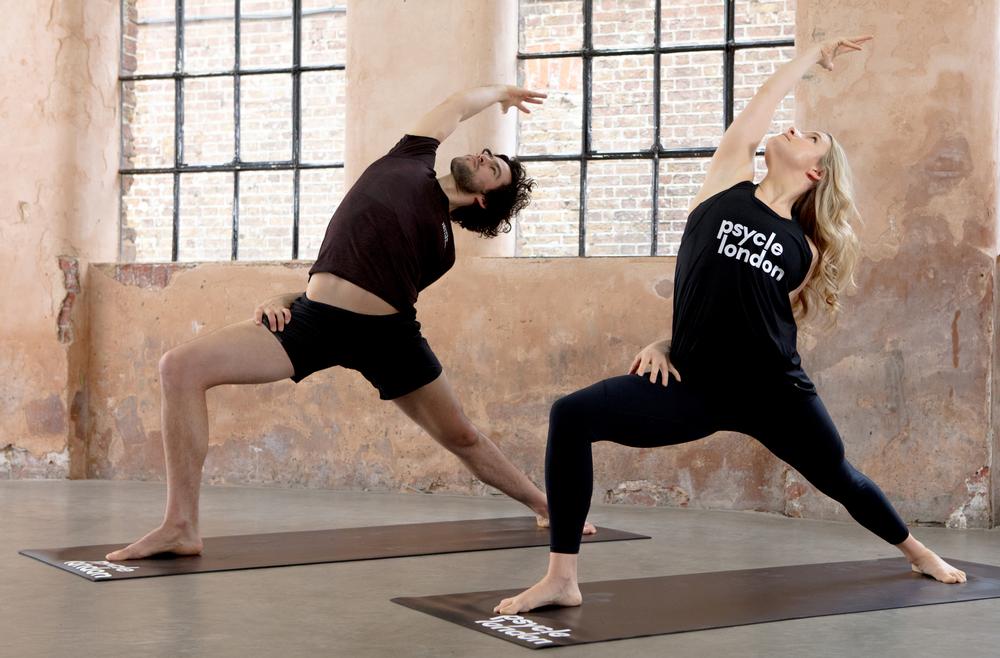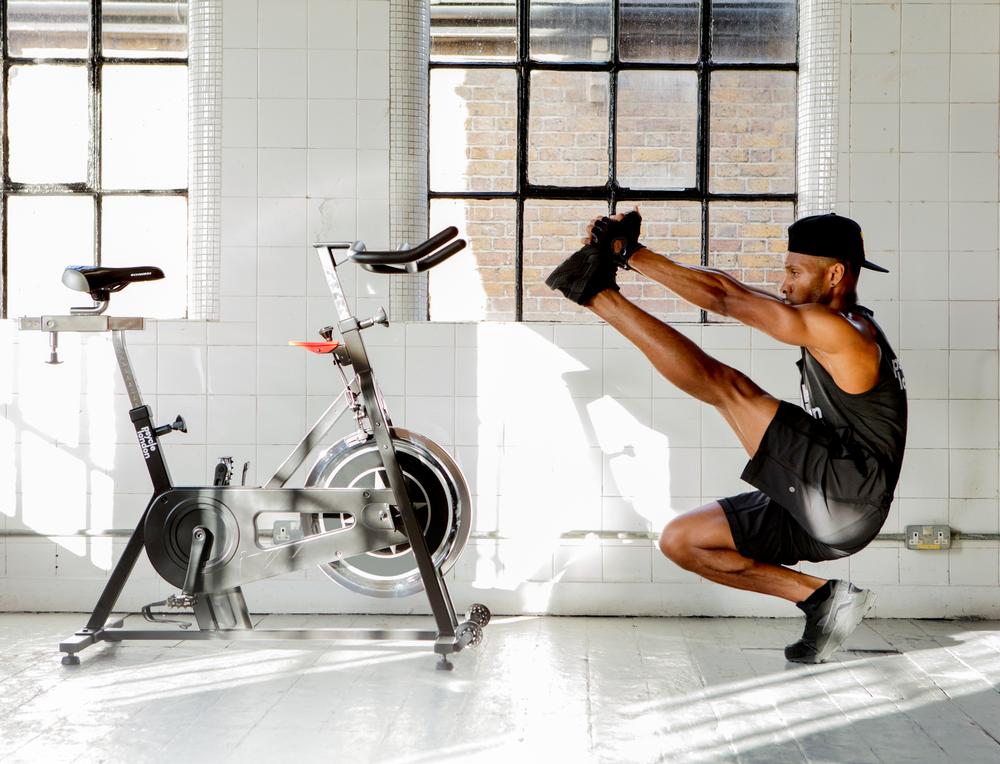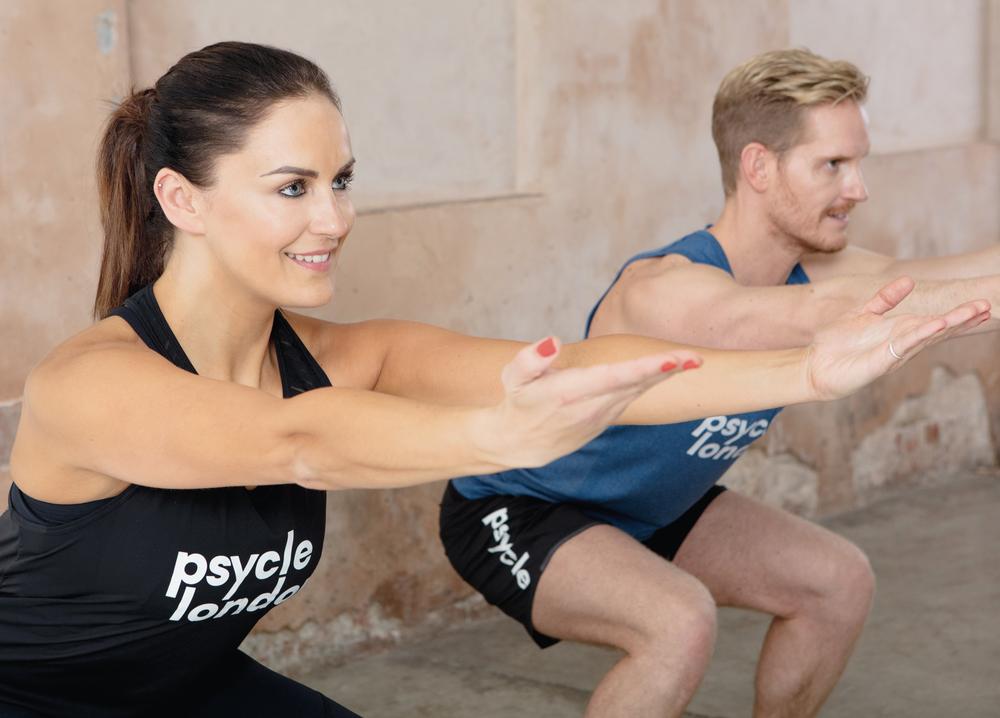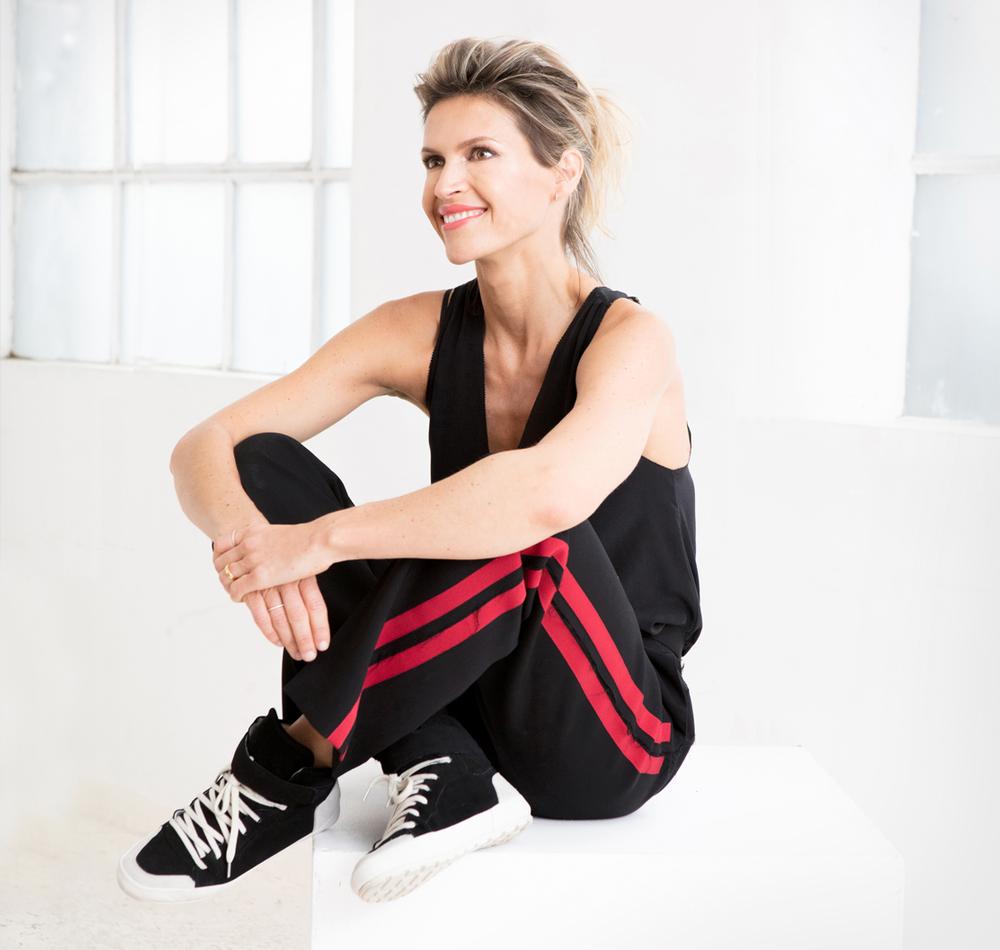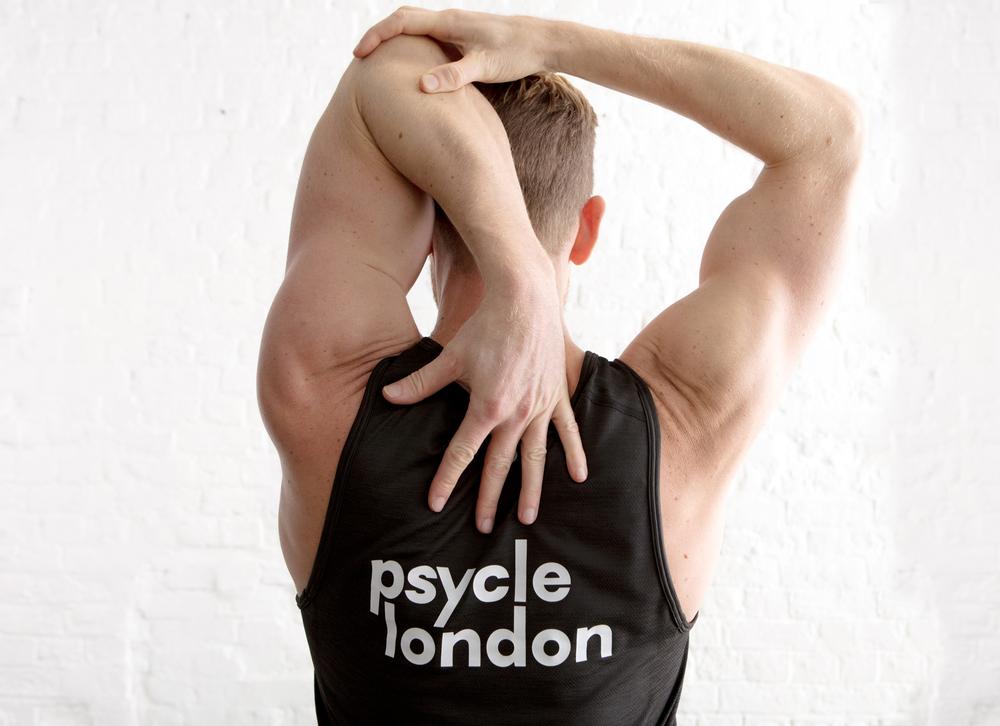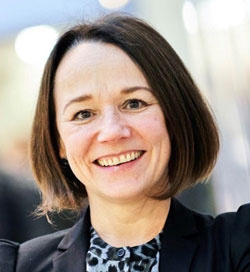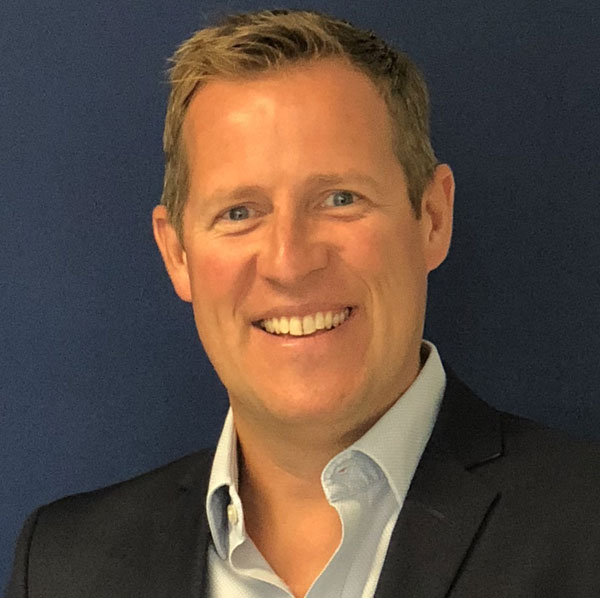How did you first get involved with Psycle?
I was approached by the management team while it was still in the concept phase. They wanted me to come in and consult on how to make Psycle more of a wellness brand. I’m a nutritionist and naturopath, and I was exclusively running my own wellness consultancy for lifestyle and fitness at that time. Given that I also used to be an national swimmer, the consulting role with Psycle seemed like the perfect position that brought together my interest and experience in fitness, nutrition and health. After a few months of consulting for them, I was asked to come on board full-time. And when the management team changed in September 2014, they asked me to take over as CEO. It was quite an organic move from being on the consultancy side to becoming more and more involved in the business and the product.
That’s quite a change. How did you find the transition from wellness consultant to CEO?
It was honestly one of the hardest things I’ve ever done. When I took over, I was completely solid on the wellness side of things – the product, fitness concept and nutritional offering – but then I suddenly became responsible for property, operations and all the other aspects of running a business. It also took us quite a while to find a new team, so the learning curve was steep and very challenging. Despite that, it’s been an incredible experience and I’ve been supported by so many great people while we’ve built up the team.
How has the brand changed since you became CEO?
It’s changed in a lot of ways, the most obvious being that we’ve launched other concepts. Psycle started out offering indoor cycling only, but we’ve since launched barre, HIIT and yoga concepts. While the expansion of concepts is the most obvious change, I truly believe the biggest change has been the establishment of a clear company ethos and brand. That included getting clear on what we wanted to achieve as a company and what exactly we wanted the brand to stand for.
When Psycle first launched, there really wasn’t a defined mission. Clear values are central to guiding the decisions made in a company, so the first thing I did was to outline them, make sure the team was aligned with them and ensure that we were making key decisions, such as hiring, based on these values.
So how would you describe the Psycle brand ethos?
What we wanted to do with Psycle was create a brand that got people excited and passionate about their own health. That’s really what we stand for. Psycle is about finding your confidence and strength through movement and personal challenge. It’s about creating an inspiring community for you to be a part of. It’s really about opening your eyes to these benefits rather than just focusing on weight loss. For us, if you’re going to create a life long passion for fitness, it cannot be based on losing five inches in January because you’ve indulged over the holidays. Instead we like to show people how much exercise positively impacts all aspects of their life.
Why did you make the decision to move beyond indoor cycling?
I was initially in mixed minds about expanding beyond cycling. On one hand, I was concerned about diluting what we do at Psycle by adding new concepts. But on the other hand, I knew that in order to be truly healthy you need to have balance, which involves doing strength training, flexibility and cardio. We couldn’t honestly call ourselves a brand that stands for health and then only do cardio.
The other reason I was interested in moving beyond cycling was that we’d created such incredible communities and energies as a cycle-only brand. I felt that if we could achieve something similar in other concepts it would be fantastic, and we could create a ClassPass style model in one brand, so if you love Psycle you don’t need to go anywhere else.
There was never any talk of a name change once we expanded beyond cycling. That’s because we don’t see Psycle as a ride brand, we see it as a wellness, lifestyle and fitness brand, so we never even contemplated changing it. We thought if we wanted to do a concept-only studio we might call it ‘Concept by Psycle’ or ‘360 by Psycle’ but it would always remain Psycle.
Tell us about Psycle’s energy kitchen
When I took over at Psycle, there was no real nutritional offering – there was just a fridge where you could buy water and energy balls. One of the first changes I made was launching the energy kitchen – a protein shake and smoothie bar.
After a workout is the best time to eat in terms of health. It’s also the best opportunity we have to positively influence our customers becausee when they leave Psycle, not only are they hungry, they’re often time poor because they have to go to work or similar. So adding in an offering to fill that need was important for me from a business and a health perspective.
I also wanted to make sure that we were providing truly nutritional foods. We could have stocked bottled energy drinks that you can buy cheaply and sell for £2 to create a good margin, but I wanted to make sure our customers could trust every single thing we sold. So in our energy kitchen, we serve cold-pressed juices, energising smoothies and a grab-and-go range of food. And even though I could probably earn a lot more money if we started to use pasteurised products and ingredients with really long shelf lives, I’m not willing to do that because that’s not what we stand for.
It makes things harder because we have to manage our inventory meticulously and we have to suffer higher amounts of waste, but I think our customers appreciate the fact that they know everything they buy from us is picked by nutritionist who would eat it herself.
What are the expansion plans for Psycle?
It’s an exciting time. We recently secured a £3m investment, which has helped us acquire three new studios, due to open starting from April. These will be in London, although we’re not revealing the locations yet. We’ve also talked about expanding beyond the UK at some point, but before we do that, we want to be sure we have a solid and mature core offering in London. Expanding internationally before that would be too much of a distraction, but we certainly are talking about whether we want to franchise once we have that solid standing, or if we’ll expand under our own brand.
It’s often said that it’s hard to make a profit in the boutique fitness sector. Have you found this to be true?
You can definitely make money from boutique fitness – as long as rent prices don’t go insane – but it’s not easy. It’s very capital and investment heavy because it can cost between £600,000 and £900,000 to build a studio. It’s important to also secure sites in areas that can sustain a pay-as-you-go model – which means a high volume of workers and high-value homes – but these are fast disappearing as competition is high. So, yes it’s possible to make money in this sector, but it’s challenging.
Do you think the boutique market will move away from pay-as-you-go and towards a membership model?
I don’t think so. When you look at the metrics, it’s just not feasible to offer a high-quality boutique experience using a membership model unless the membership is very expensive. We could never sell £100 per month memberships and still cover our rent alone.
It’s hard enough to break even in boutique fitness with pay-as-you-go, while maintaining the quality of staff, instructors and small things like great shampoo and products that deliver the luxurious convenience our customers demand.
What I do think will happen is that there’ll be a shift in people’s awareness of how expensive boutique classes are relative to everyday expenditure. There’s a perception that being healthy is more expensive than being unhealthy, but when most people take a close look at how much they spend, they quickly notice that the amount of money they spend on unhealthy things is disproportionately greater than what they spend on healthy things. A £20 class is nothing compared to spending £200 on a single night out.
What are your predictions for the industry over the next five years?
If we look at what’s already happening, a lot of the bigger gym chains are increasingly making use of studio space and offering boutique classes. That’s because they know people want a prescriptive model – that’s how people stay engaged. One of the biggest problems with going to the gym is that you have to do your own thing. You need the knowledge to create a workout for yourself and the discipline to follow it, but most people don’t have these abilities because they haven’t been taught them.
In the UK, we’re always five to 10 years behind the US. A trend we’re seeing there is specialised and tailored workout programmes. Members have a say in the goals they want to accomplish, and trainers help them to create a plan based on that. It’s popular because there are so many more options available these days, and the choice and autonomy appeals to exercisers. I think we’ll see something similar happen in the UK in the near future.








